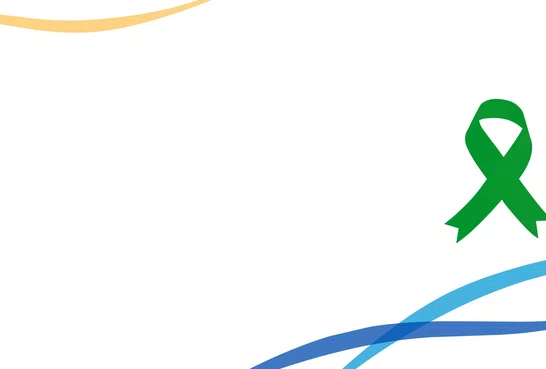
Every 10 October, World Mental Health Day invites us to reflect on wellbeing and take action to protect it. The theme for 2025 is Access to Services – Mental Health in Catastrophes and Emergencies, with a focus on access to services for people whose lives have been disrupted by war, natural disasters, pandemics, and other crises.
The reality of emergencies
Emergencies fracture communities in many ways. Homes and livelihoods are lost, families are separated, and essential services such as healthcare and education are disrupted. Alongside physical harm, the emotional toll is severe. The World Health Organization estimates that nearly one in five people living in conflict-affected areas will experience a mental health disorder. Children and older adults are especially vulnerable, and humanitarian workers themselves also carry the weight of trauma.
Yet mental health is too often overlooked in crisis response. Support is underfunded, services are stretched, and stigma prevents many from seeking help. This year’s theme calls for change: mental health is not an optional extra, it is a lifeline in recovery.
Coping when we feel powerless
For those of us watching these crises unfold through constant news and social media, it is common to feel overwhelmed or helpless. Research shows that ongoing exposure to distressing media coverage can affect our own wellbeing, leading to stress, fatigue, and hopelessness.
It is important to remember that while we cannot solve every crisis ourselves, we can still support both our own mental health and that of others.
Practical ways to cope include:
How we can help
Even when we feel far removed from a crisis, there are ways to make a difference:
Moving forward
World Mental Health Day 2025 reminds us that mental health matters everywhere, in refugee camps, in cities affected by disasters, and in our own homes where news of crises can take a toll. By caring for our own wellbeing while supporting access to mental health services for others, we help create a world where psychological support is not a privilege but a basic right.
References
https://www.who.int/campaigns/world-mental-health-day/2025
https://www.mentalhealth.org.uk/worldmentalhealthday
https://www.who.int/news-room/fact-sheets/detail/mental-health-in-emergencies
https://www.paho.org/en/campaigns/world-mental-health-day-2025
https://www.unicef.org/protection/mental-health-psychosocial-support-in-emergencies
https://www.tandfonline.com/doi/full/10.1080/10410236.2025.2457557